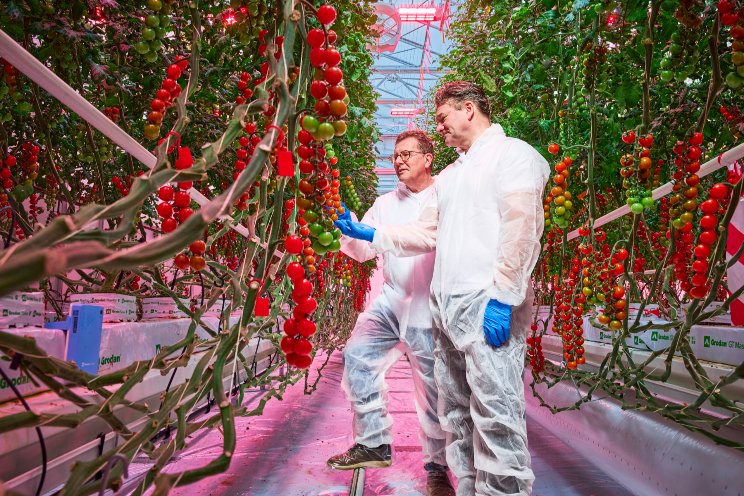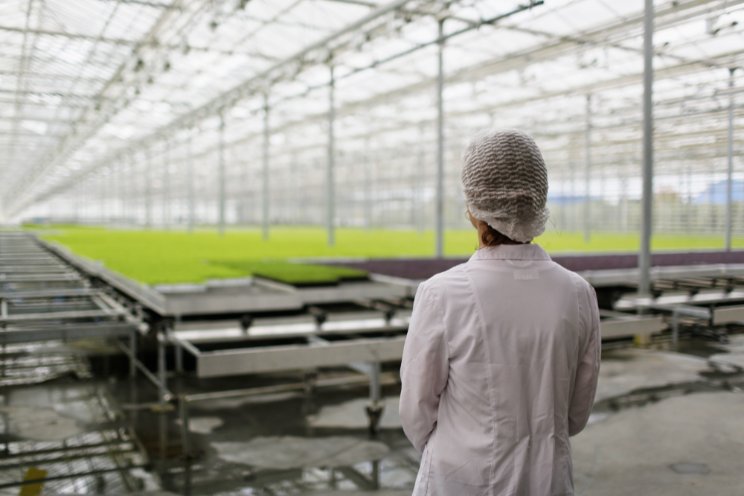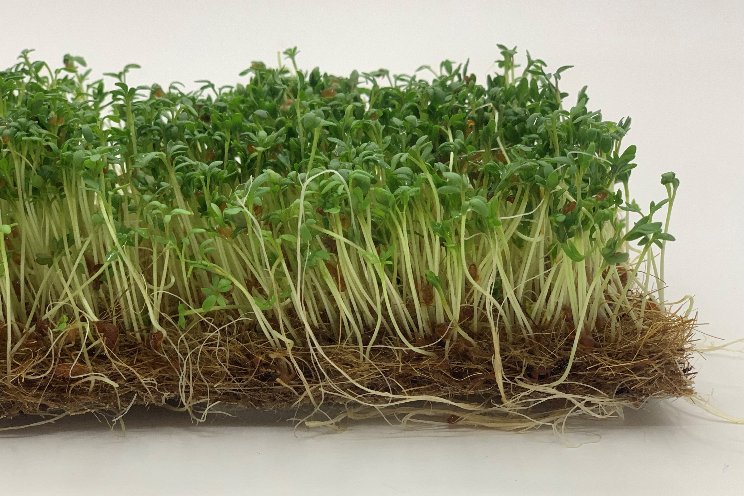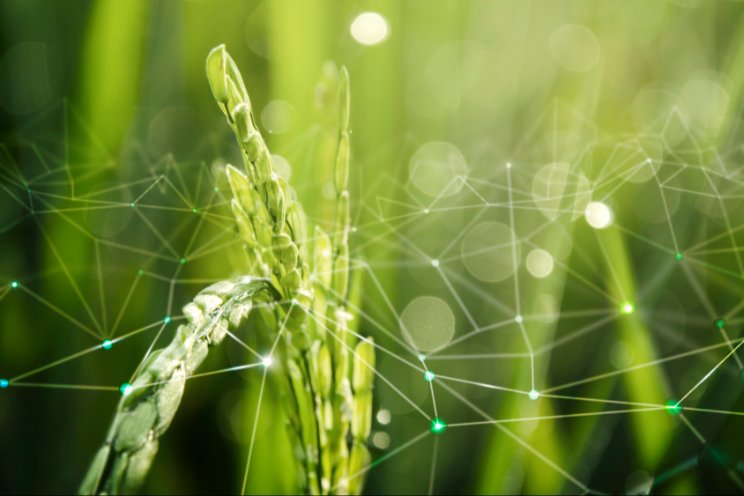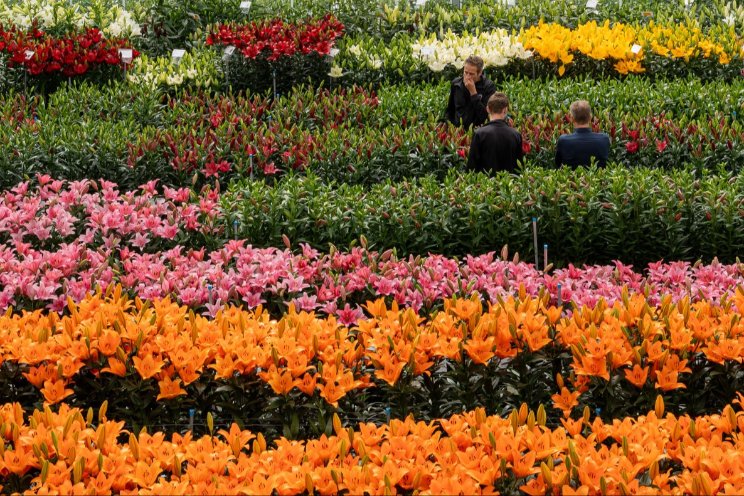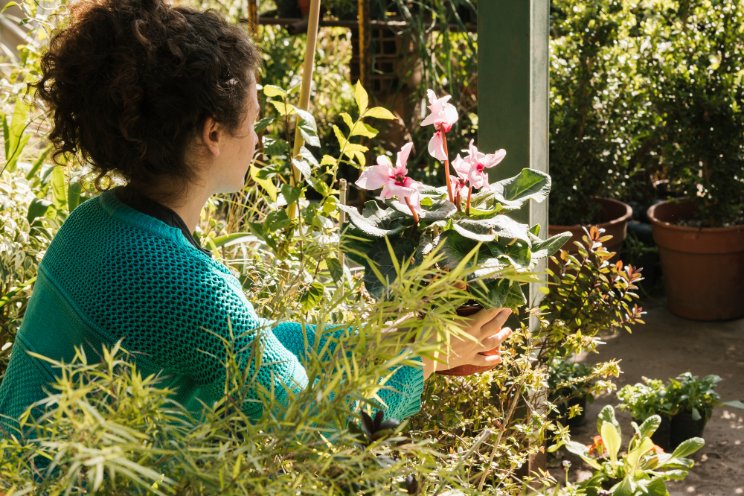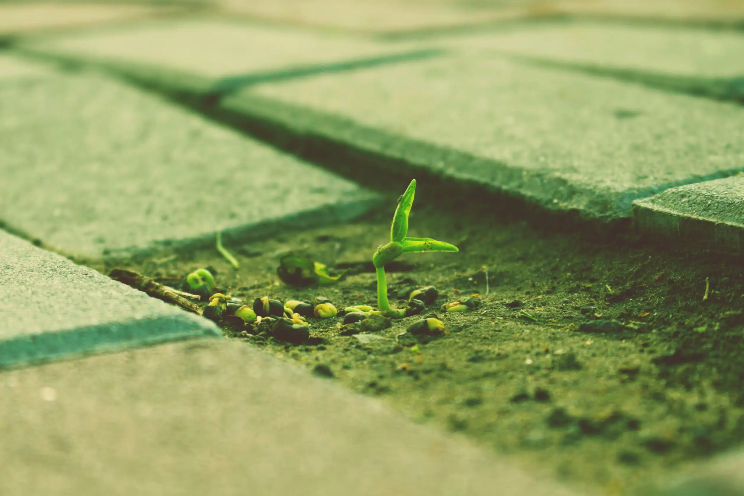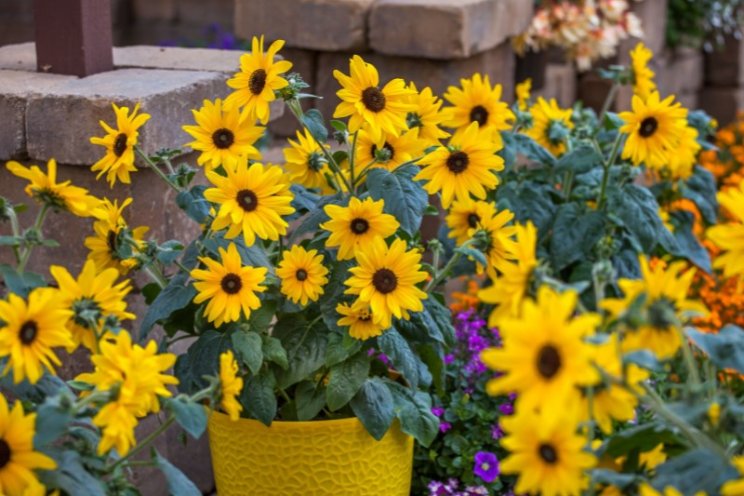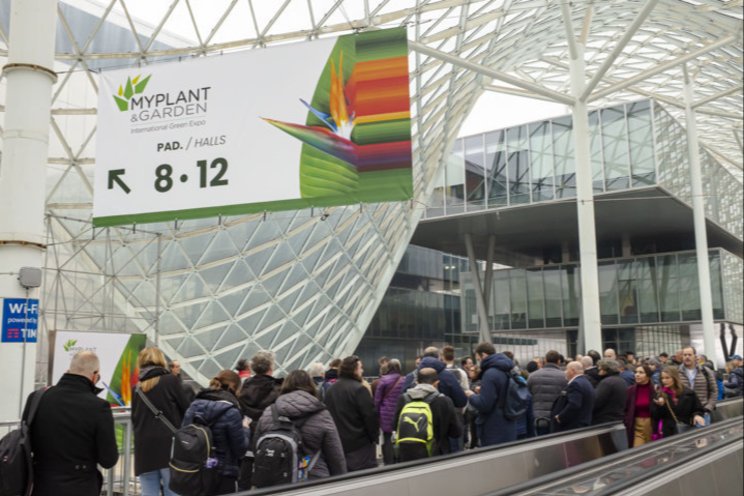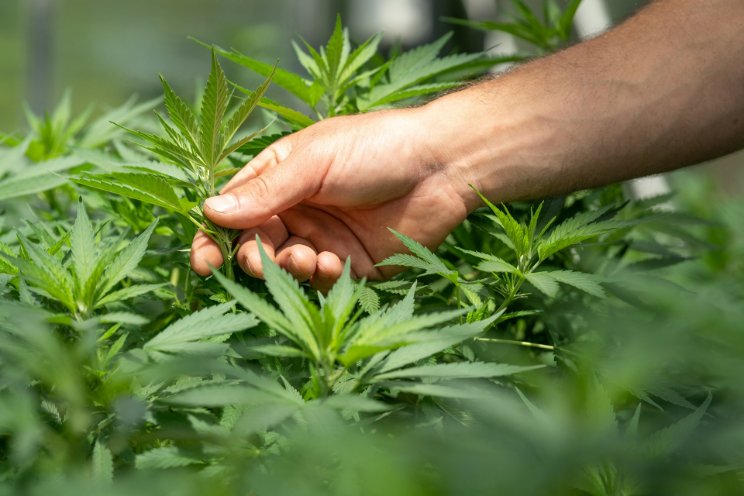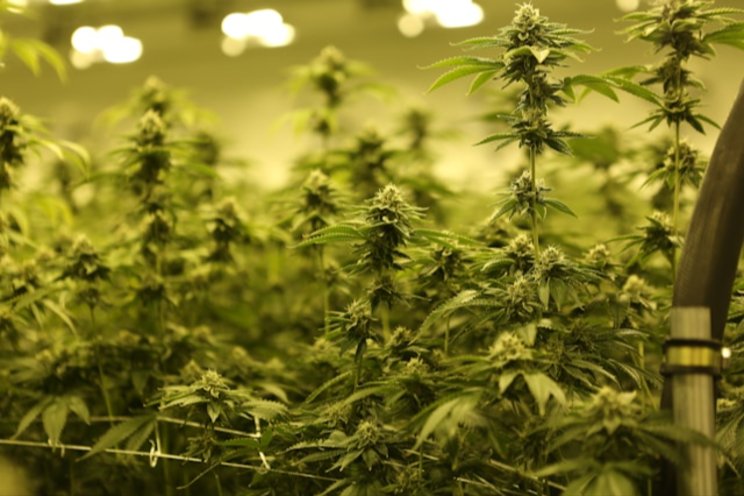Technology to reduce global food waste
Added on 12 January 2023

Dutch entrepreneur Marco Snikkers aims to solve that problem with an avocado scanner unveiled this week at the CES tech show in Las Vegas, designed for use in supermarkets.
Optical sensing and AI technology determines ripeness, displaying on a screen whether an avocado is firm or ready to eat.
Snikkers’ startup, OneThird, isn’t just trying to reduce frustration in the kitchen. According to the United Nations, about one-third of food is wasted globally. That means all the carbon emitted to grow, ship and distribute that food was for naught.
“That’s a huge problem,” Snikkers said. “That’s a trillion dollar issue for our world and it has a huge impact on C02 emissions and water usage.”
OneThird is one of several start-ups at this year’s CES working to solve different components of the problem, from helping the food industry limit what it throws away to offering rapid composting solutions to help keep food scraps out of methane-producing landfills.
OneThird already works with growers, distributors and others along the supply chain to predict the shelf life of avocados, tomatoes, strawberries and blueberries. It will further expand its ability to determine ripeness for more produce later this year, aiming to help reduce the amount of food that is wasted around the world. And it’s testing the consumer-friendly avocado scanner at a supermarket in Canada this month.
Photo Courtesy of Agritech Future
More news
